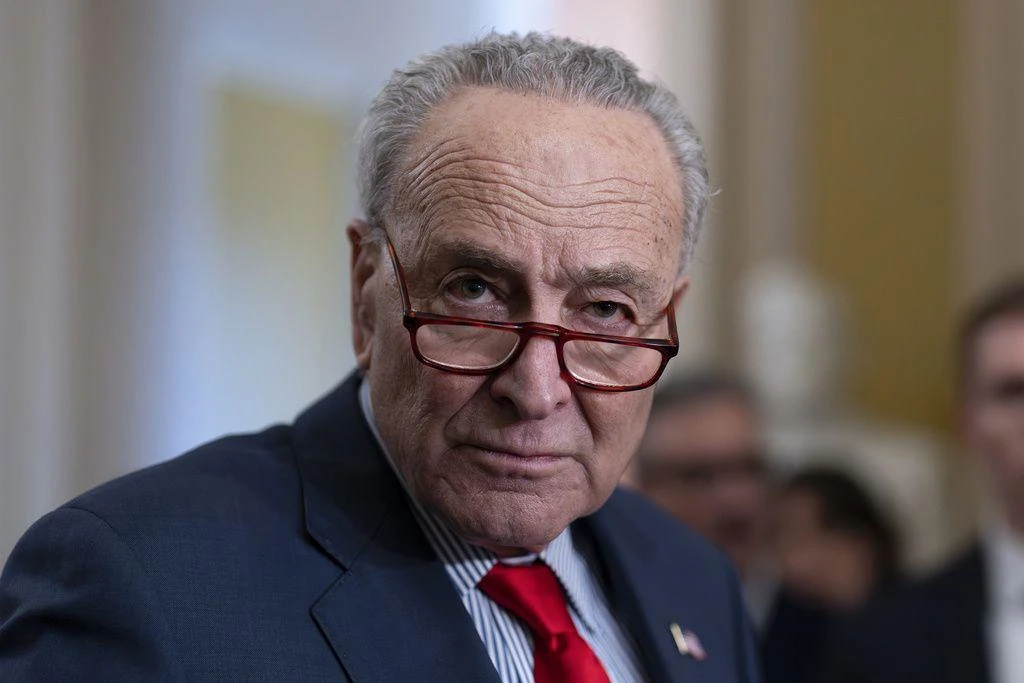US Senate Majority Leader’s critique sparks controversy in US-Israel relations

Senate Majority Leader Chuck Schumer publicly criticizes Israeli Prime Minister Benjamin Netanyahu’s handling of the Gaza crisis and calls for new elections in Israel
Senate Majority Leader Chuck Schumer publicly questioned Israeli Prime Minister Benjamin Netanyahu’s handling of the Gaza crisis and called for new elections in Israel in a rare step that sparked a contentious discussion. Republicans and Israeli officials reacted angrily to Schumer’s comments, accusing him of crossing diplomatic lines and interfering in the internal affairs of a close partner.
The leader of the Senate Republican Party, Mitch McConnell, criticized Schumer’s remarks and drew attention to the contradiction in American views about foreign meddling in elections. Similar remarks were made by House Speaker Mike Johnson, who criticized Schumer’s proposal for fresh elections as being out of context. Even Netanyahu’s political adversary and member of Israel’s war cabinet, Benny Gantz, deemed Schumer’s comments to be unhelpful.
While Schumer’s scathing criticism of Netanyahu, accusing him of “losing his way” and impeding peace efforts, deviates from customary diplomatic etiquette, it is consistent with a larger pattern of American politicians and allies meddling in one another’s election campaigns.
In the past, US presidents and legislative leaders have often intervened in Israeli politics, influencing electoral outcomes and governmental choices. Two examples are Republican House Speaker John Boehner’s invitation to Israeli Prime Minister Benjamin Netanyahu to address Congress in 2015, which was extended without consulting the Obama administration, and President Donald Trump’s recognition of Israel’s sovereignty over the Golan Heights in 2019, which was timed to enhance Netanyahu’s electoral chances.
However, the limits of these kinds of operations have been hazy, with different levels of overt interference contingent on variables like the size of the ally’s economy and the gravity of the political situation. Although non-interference is a supposedly American principle, in practice leaders often find themselves straddling a narrow line between expressing concerns and upholding sovereignty.
The latest conversation between Schumer and Netanyahu puts more strain on the U.S.-Israeli relationship, which is already under stress from the Middle East’s rising tensions. Although he declined to support Schumer’s demand for elections, President Biden recognized the speech as remarkable.
This event, which reflects years of dissatisfaction with Netanyahu’s leadership, highlights a larger crisis of trust in the U.S.-Israel partnership. Schumer’s drive for fresh elections indicates a fundamental reevaluation of the bilateral relationship, in contrast to other moments of friction that were more focused.
Source: AP



